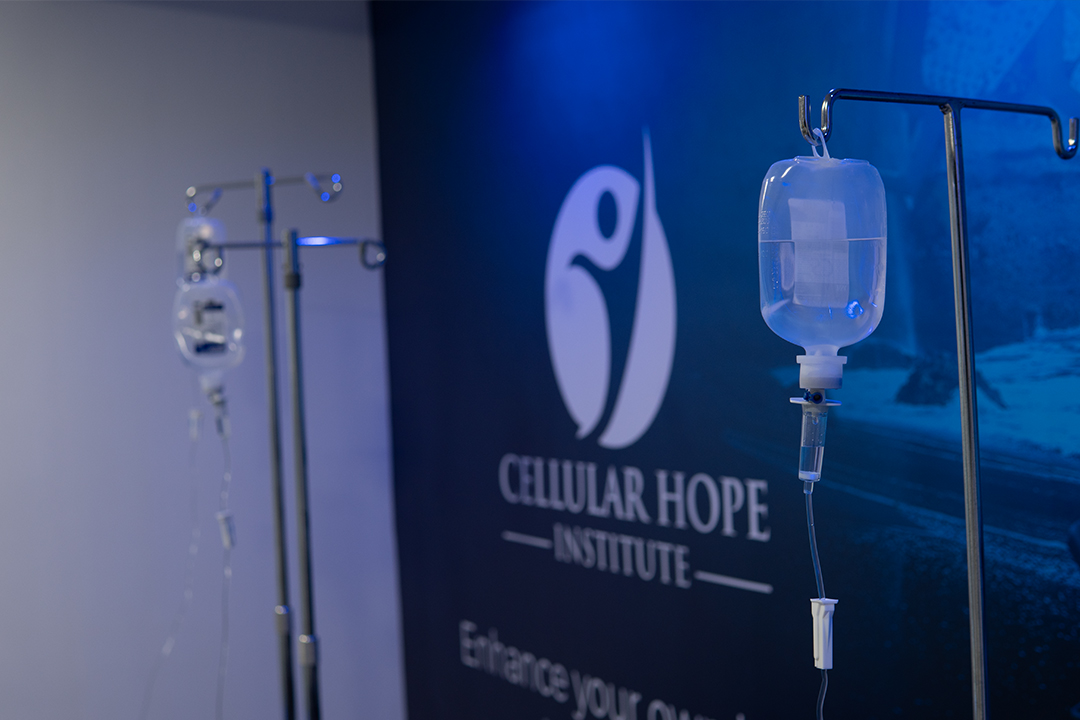What is adoptive NK cell therapy, and what role does it play when it comes to anti-aging, viral infections, and immune-related diseases? Learn more.
As we age, we become more vulnerable to diseases and infections. The natural defenses of our body weaken, and our immune system loses its ability to effectively detect and eliminate abnormal cells.
This decline in immune function contributes to the accumulation of zombie cells, mostly known as senescent cells – aka cells that are damaged, but refuse to die, lingering in our bodies, and causing chronic inflammation.
As a result, our risk for age-related diseases skyrockets.
But what if the key to preventing diseases and slowing down the aging process lies not in external treatments – but in supercharging our own immune system?
What if we could reactivate the body’s natural ability to seek out and destroy damaged cells, clear out inflammation-causing debris, and restore balance from within?
The answer to these questions lies in the constant breakthroughs of regenerative medicine. In our previous article, we talked about zombie cell treatments and their powerful role in anti-aging – but today, we will deep dive into adoptive NK cell therapy.
In this article, we will answer questions such as:
- What is adoptive NK cell therapy?
- How does it work?
- What are Natural Killer cells?
- How are NK cells activated and expanded outside the body?
And more. So, if that’s what you are here for, let’s get right into it.
1. What Is Adoptive NK Cell Therapy?
In order to understand adoptive NK cell therapy, we need to take one step back and talk about NK cells – aka natural killer cells. These white blood cells can be described as our body’s own elite bodyguards, one-of-a-kind frontline defenders that are constantly patrolling our body.
Circulating through our blood and tissues, they are looking for signs of distress, aging, or infection – and are ready to act as soon as they see something suspicious.
Unfortunately, their effectiveness lessens as we age. They become less responsive, less numerous, and their ability to identify and eliminate senescent and other dangerous cells start to decline.
This is where regenerative medicine steps in.
Adoptive NK cell therapy works by collecting NK cells from a patient or a donor, then activating them and expanding them outside the body in a controlled lab environment. They are later reintroduced into the bloodstream, supercharging immune response.
The result?
Natural killer cells become:
- More active
- Stronger
- Better equipped
Sounds great, right? But let’s take a deeper look in our next section:
2. How Does Adoptive NK Cell Therapy Work?
Getting adoptive NK cell therapy essentially means rebooting your immune system. Here’s what you can expect:
2.1. Collection of Natural Killer Cells
The first step of undergoing adoptive NK cell therapy is the collection of the NK cells that will be needed for the procedure. They can be collected either from the patient (autologous), or from a healthy donor (allogeneic).
At our Cellular Hope Institute in Cancun, México, we prioritize allogeneic therapy.
Not only it tends to be more potent and effective, but also because donor-derived NK cells are often younger, more active, and free from the dysfunctions that may affect your own immune cells due to age or illness.
In some cases, we might use umbilical cord blood cells as well.
2.2. Activation & Expansion Of The Cells
Once we’ve collected the NK cells, the next step is to activate them and expand them in a specialized lab in order to prepare them for the adoptive NK cell therapy.
This process can take up to 2 weeks, in which we will dramatically increase their number, and stimulate their immune-boosting substances (e.g., IL-2, IL-15, or feeder cells).
In addition, our experienced team will train Natural Killer cells to become more cytotoxic – aka more aggressive in detecting and destroying abnormal or senescent cells.
Before re-infusing them, we ensure that they are:
- Viable
- Active
- Free of contamination
- High in cytotoxicity
- Able to meet dosing requirements
The goal is to equip these NK cells with maximum potency and precision before they enter the body – ensuring they can quickly recognize, target, and eliminate senescent, infected, or cancerous cells with exceptional efficiency.
2.3. Infusion of The NK Cells Into The Patient
Once the Natural Killer cells have been collected, activated, and expanded, it’s time to infuse them. Our team of experienced physicians at Cellular Hope Institute will infuse them intravenously, similar to a simple IV drip.
Depending on the protocol of your adoptive NK cell therapy, you may receive a single infusion or a series of infusions over several days or weeks. In some cases, we might do pre-conditioning to help the cells survive and thrive in your body.
As soon as the cells are infused, they will start their job.
They will patrol your bloodstream and tissue, identifying stressed, infected, cancerous or senescent cells. Once identified, they will bind to them and kill them by releasing cytotoxic molecules.
3. When Will I See The Effect From Adoptive NK Cell Therapy?
This all sounds great, but when can you actually start seeing the effect from adoptive NK cell therapy? How long will the treatment take to work, and how long do the results last?
While immediate immune activation begins almost immediately after infusion, you will begin to notice its real effects for anti-aging or general immune rejuvenation by 2 to 6 weeks. You can expect to see the long-term benefits of adoptive NK cell therapy after 6+ weeks.
4. What Are The Benefits of Adoptive NK Cell Therapy?
Adoptive NK cell therapy comes with many incredible benefits, some of which you may not even expect. Let’s take a quick look:
- Kills zombie cells – as we mentioned earlier, NK cells naturally detect and destroy senescent (zombie cells), which can contribute to chronic inflammation and age-related diseases if left lingering in the body.
- Reduces chronic inflammation – by clearing dysfunctional cells, adoptive NK cell therapy helps calm low-grade systemic inflammation, which plays a huge role in aging, fatigue, and chronic illness.
- Boosts immune surveillance – supercharged NK cells restore the body’s ability to detect and eliminate early-stage cancer cells, virally infected cells, and other threats – even before symptoms appear.
- Supports longevity – if you are looking to enjoy the benefits of healthy aging, adoptive NK cell therapy might be right for you. It can slow biological aging, improve tissue regeneration, and extend healthspan.
- Improves cellular function – by improving mitochondrial and cellular function, NK cell therapy builds healthier cell populations. As a result, you can expect more efficient energy production, detoxification, and repair.
- Enhances immune response – NK cells enhance the quick response of the body to viruses and pathogens, making it a great treatment for older adults or immunocompromised ones.
- Supports detox & cellular clean-up – by removing dysfunctional and inflammatory cells, the therapy helps restore a cleaner internal environment, aiding other regenerative processes (like stem cell function or hormone balance).
Which Is The Best Stem Cell Clinic for Adoptive NK Cell Therapy?
The best stem cell clinic for getting an adoptive NK cell therapy is Cellular Hope Institute, located in Cancun, México. We are known for our innovative facilities, advanced regenerative therapies, and a team of highly experienced physicians.
If you are looking to improve your symptoms while significantly improving your quality of life, look no further than Cellular Hope Institute. We will accompany you at every step of the process – from picking you up at the airport to ensuring top-notch post-treatment care.
Are you ready to get started? Schedule a consultation today.
FAQ
What conditions can adoptive NK cell therapy treat?
Adoptive NK cell therapy can treat a range of conditions, including cancer (especially leukemia, lymphoma, and solid tumors), viral infections like hepatitis and HIV, and autoimmune diseases.
It’s also being explored for anti-aging, as NK cells help eliminate senescent cells and reduce inflammation, supporting immune rejuvenation and healthy aging.
Can adoptive NK cell therapy help with anti-aging or longevity?
Yes, adoptive NK cell therapy shows promising potential for anti-aging and longevity. By enhancing the body’s ability to eliminate senescent (zombie) cells and reduce chronic inflammation, it may slow biological aging, improve immune surveillance, and support tissue regeneration – key factors in extending healthspan and improving overall vitality.
What’s the difference between autologous and allogeneic NK cells?
Autologous NK cells come from the patient’s own blood, offering lower risk of immune rejection but often reduced effectiveness due to age or illness. Allogeneic NK cells are taken from a healthy donor, making them more potent and active.
They’re commonly used in advanced therapies for cancer, immune rejuvenation, and anti-aging due to their stronger cytotoxic capacity.
Is adoptive NK cell therapy safe?
Adoptive NK cell therapy is generally considered safe and well-tolerated, especially compared to other cell-based immunotherapies like CAR-T. Since NK cells do not trigger graft-versus-host disease and rarely cause severe immune reactions, the risk of serious side effects is low.
Mild symptoms like fatigue or fever may occur temporarily after infusion.
Are there any side effects or risks?
Adoptive NK cell therapy is usually well-tolerated, but some patients may experience mild side effects like fatigue, low-grade fever, or chills after infusion. Rarely, there may be temporary inflammation or flu-like symptoms.
Severe reactions are uncommon, especially compared to other cell therapies, due to NK cells’ natural safety profile and lack of graft-versus-host risk.
How long do the effects of the therapy last?
The effects of adoptive NK cell therapy can last from several weeks to a few months, depending on the patient’s health, immune response, and whether supportive treatments are used.
In some cases, repeat infusions every 3–6 months help maintain long-term benefits, especially for anti-aging or chronic conditions where sustained immune support is desired.


